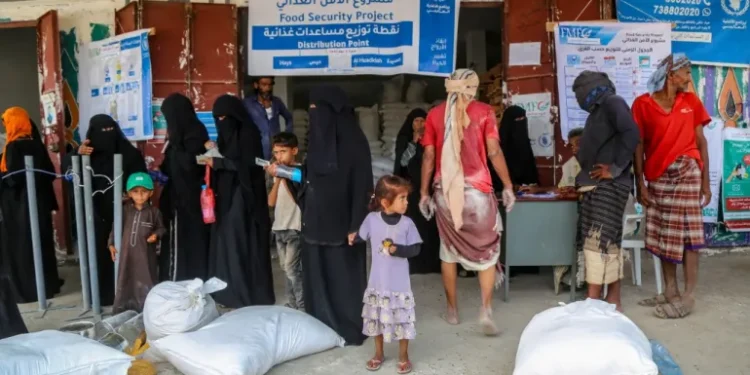The Ghana Banking Industry Report 2023 has named Guaranty Trust Bank (GT Bank) as the bank with the lowest Non-Performing Loan (NPL) ratio in the year 2022.
Meanwhile, this performance is consistent with their previous year’s results, where they also ranked favourably. GT Bank’s strong performance indicates effective credit risk management policies and financial soundness.
According to the report, following two years of severe decline in 2021 and 2020, Access Bank also showed significant improvement in its NPL ratio in 2022. This suggests that the bank has made efforts to address its credit risk and improve the quality of its loan portfolio.
While Consolidated Bank Ghana recorded the best NPL performance in 2021 and 2020, their NPL ratio sharply declined in 2022. This indicates a deterioration in the bank’s loan portfolio and increased credit risk.
The banking industry report stipulated that several banks, including GT Bank, Zenith Bank, Stanbic Bank, First National Bank Ghana, and Fidelity Bank Ghana Limited, consistently maintained top ten rankings in terms of NPL ratio over a three-year period. Their consistent performance suggests effective credit risk management practices and a focus on maintaining a healthy loan portfolio.
The NPL ratio of Ghanaian banks is an important indicator of credit risk and financial soundness. GT Bank, Access Bank, and several other banks demonstrated improvements or maintained strong NPL performances in 2022.
However, Consolidated Bank Ghana experienced a decline in their NPL ratio. Monitoring and managing the NPL ratio is crucial for banks to mitigate credit risk and ensure financial stability.
Profits Before Tax In The Review Year
The Ghana Banking Industry Report 2023 disclosed that only six banks reported profits before tax in the review year, in contrast to the 20 banks that achieved this milestone in 2021 and twenty-one in 2020.
One of the key indicators reflecting the industry’s decline is the shareholders’ equity, which decreased from GH₵26.49 billion to GH₵20.53 billion, representing a reduction of 22.49 per cent.
This decline, according to the report, was primarily attributed to the review year’s retained losses, which marked a departure from the positive gains of 16.23 per cent witnessed in 2021.
On the other hand, total deposit liabilities experienced a significant increase in 2022, with an upswing of GH₵36.85 billion, representing a substantial growth rate of 29.92 per cent.
This stands in contrast to the previous year, which saw a comparatively lower increase of GH₵19.17 billion, translating to an 18.43 per cent growth rate. Despite the challenging environment, the industry managed to improve its balance sheet through an increase in deposit liabilities.
Overall, while the banking sector in Ghana demonstrated commendable performance in enhancing its balance sheet, the incidence of impairment losses had a significant impact on profitability thereby affecting the balance sheets.
Reductions in impairment losses would have positively influenced the sector’s profitability, thus highlighting the importance of addressing this issue in the coming period.
This report delved deeper into the factors influencing the banking industry’s performance, examining strategies to mitigate impairment losses and further enhance financial stability in the sector.
In conclusion, the banking industry in Ghana experienced a significant decline in performance in the review year, primarily driven by impairment losses, resulting in a notable decrease in profitability.
Based on the Expanded LIMA CAMEL Banking Performance Index (ELCBPI), FBN Bank demonstrated exceptional performance and emerged as the top-performing bank with an impressive index score of 9.03.
Following closely behind was Guaranty Trust, securing the second position with an ELCBPI of 8.83. Access Bank claimed the third position with an ELCBPI of 8.40.
Société Générale, Bank of Africa, Zenith Bank, and Absa ranked fourth, fifth, sixth, and seventh respectively. Standard Chartered Bank, Fidelity Bank, and Stanbic Bank also secured positions within the top 10.
However, UMB Bank faced significant challenges and ended up as the least performing bank. Consolidated Bank Ghana ranked at the 21st position, while ADB held the 20th position.
These rankings highlighted the varying degrees of success and performance across the banks evaluated, ultimately showcasing FBN Bank as the frontrunner in terms of overall performance.
READ ALSO: World Bank Ranks Ghana Among the First 10 Countries Globally with Highest Food Inflation























